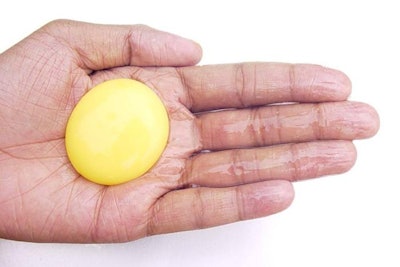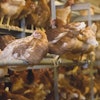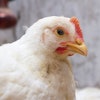
When Wally, a customer of mine whose real name will remain hidden, called last summer, the situation was already out of hand. His hens were producing eggs by the thousands and his buyer refused to accept them. The egg yolks were virtually colorless. Gone was the desirable yellow-orange color of just a month or so ago. What had really happened?
Wally is a large egg producer in a warm and humid country. Last summer, he switched suppliers of soybean oil. As it turned out much later, this new supplier was not fortifying the oil with antioxidants at the manufacturing point. So, Wally was using now a source of oil that was highly prone to oxidation. Combined with the unfavorable conditions of summer, his feed became rapidly rancid. A quick lab test soon verified it.
But, what does all this have to do with pale egg yolks? The answer is simple: everything.
We consider pigments as, well, pigments and nothing more. But, that’s not really their primary role, is it? Plants don’t produce pigments just to be "pretty." Think about it; why does corn needs to be yellow, after all? The truth is, pigments, such as the very important family of carotenoids, are also powerful antioxidants. Corn kernels need these pigments to provide the new seedlings with antioxidants, which protect chlorophyll from excess sunlight that can yield oxygen radicals.
So, what had happened with Wally’s feed is that the unprotected oil became rapidly oxidized, and feed carotenoids — the pigments — were used up to stop oxidation. We did not test for it, but vitamin E was probably used up as well. End result: eggs received very little in terms of carotenoids and they ended up looking all pale and sickly.
Most would recommend doubling up on synthetic carotenoids during the summer, but I would insist on establishing a correct approach towards antioxidant nutrition throughout the year.

















